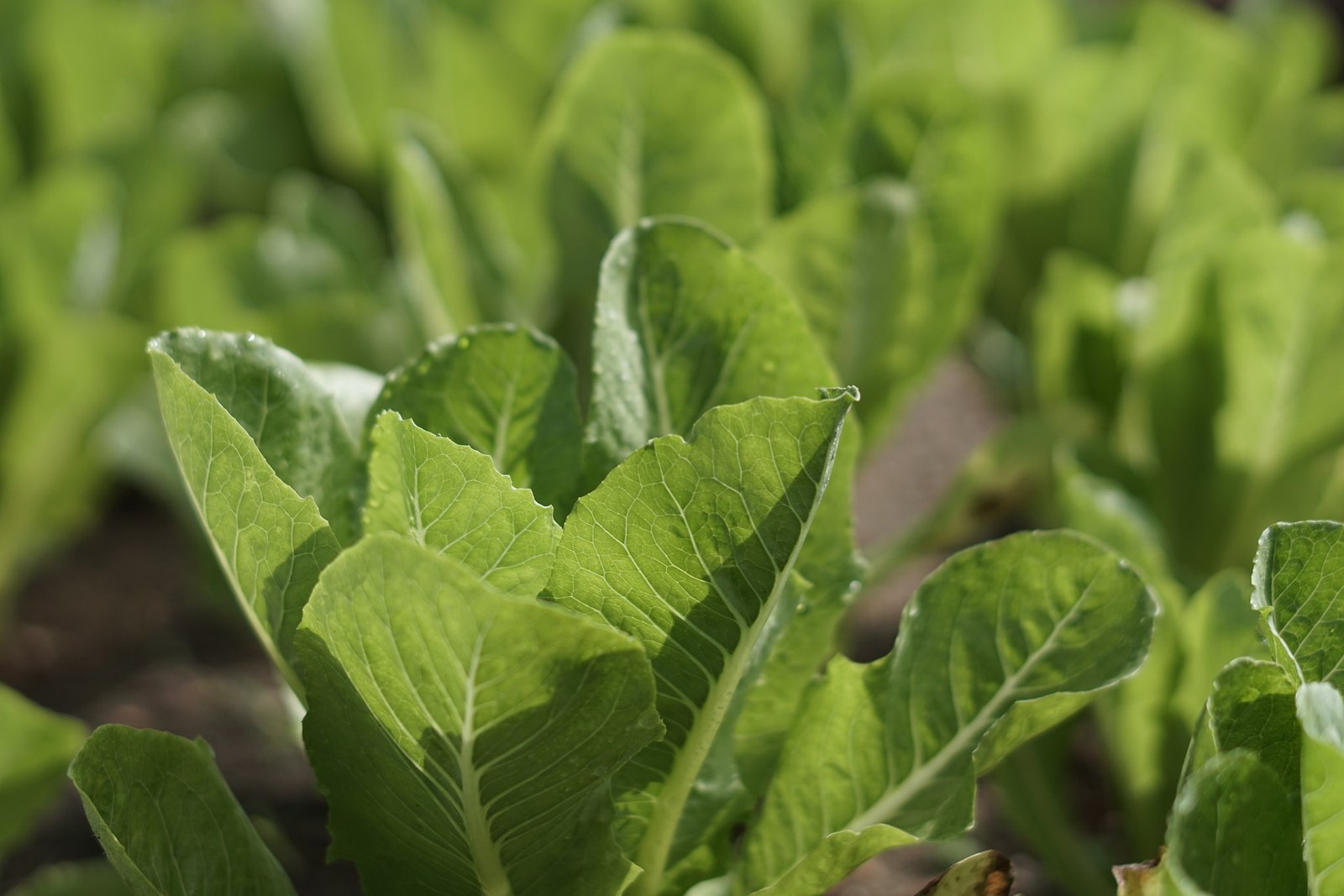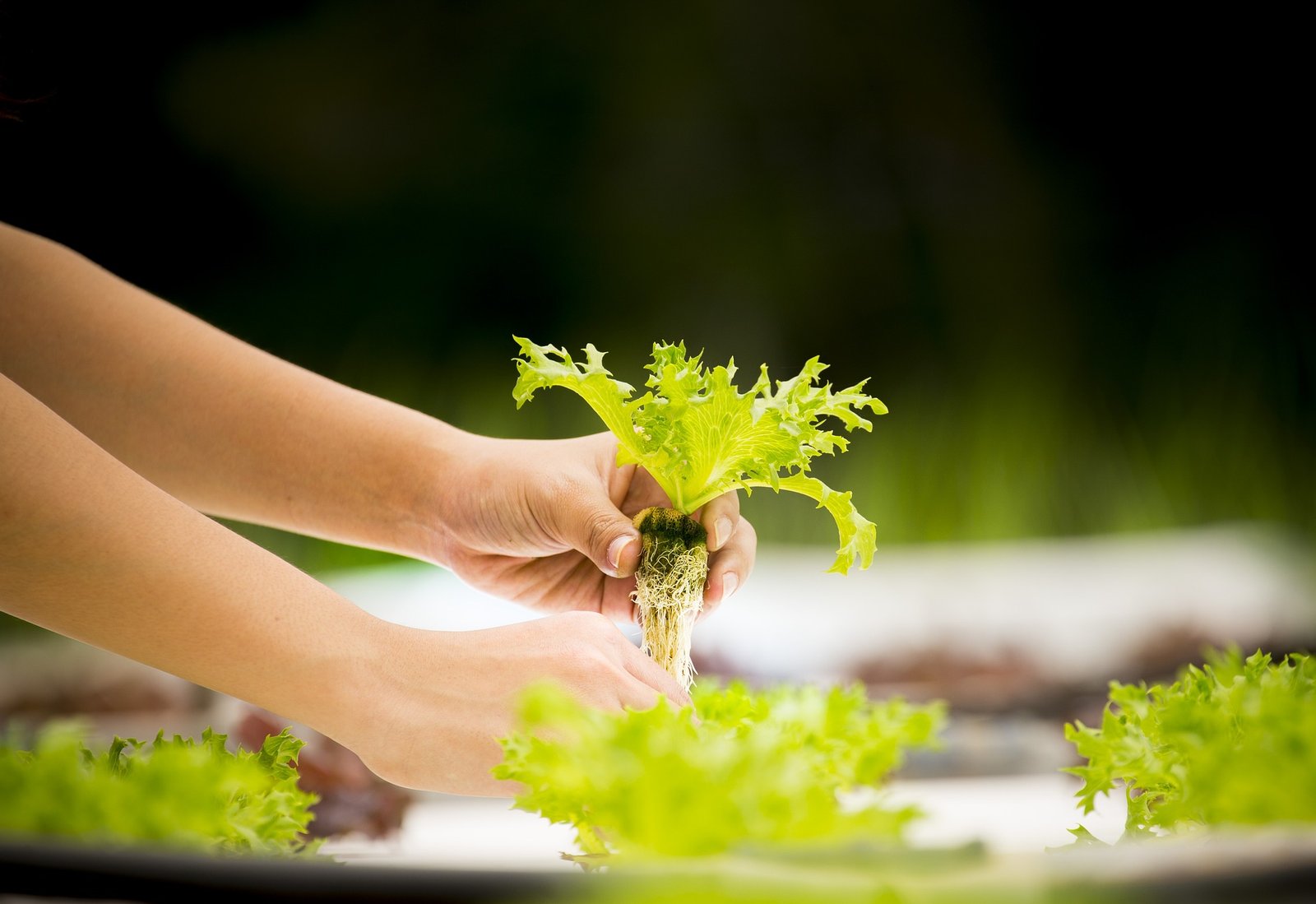Hydroponics And Its Growing Popularity
Hydroponics is a technique for growing plants without soil, with the plants instead absorbing nutrients from water. With its many benefits over soil-based gardening, hydroponics has been on the rise in recent years. The right nutrients are essential for hydroponic plant growth, just as they are for soil-grown plants.
Hydroponically grown plants can suffer stunted growth, nutrient deficiencies, and even illness if they aren’t given the proper nutrients. So, this is where organic hydroponic nutrients come in. There are no artificial chemicals or fillers in organic hydroponic nutrients; instead, they come from things like fish, kelp, and bone meal.
Essential For Growing Healthy Plants
Growing plants with organic hydroponic nutrients is necessary for optimal plant health and also has numerous positive effects on ecological balance and human well-being. So, people who grow plants in hydroponic systems need to know the benefits of using organic hydroponic nutrients and the best ways to use them.

What Are Organic Hydroponic Nutrients?
Naturally derived organic hydroponic nutrients are used to supplement a hydroponic garden’s depleted mineral reserves. Fish, kelp, bone meal, and other forms of organic matter are all good places to start when looking for these nutrients.
Sources Of Organic Hydroponic Nutrients
Depending on the producer and the nutrient blend, the origins of organic hydroponic nutrients can range widely. Seaweed extracts, worm castings, guano, and bat guano are all examples of common organic hydroponic nutrient sources. Minerals and trace elements, which plants need for healthy growth and development, are found in large amounts in these natural sources of nutrients.
Comparison With Synthetic Hydroponic Nutrients
Organic hydroponic nutrients have a number of benefits over their synthetic counterparts, which are made from chemicals and mineral salts. As a general rule, organic nutrients are more bioavailable and offer a greater diversity of trace elements and micronutrients than their synthetic counterparts. They are often made from recycled materials or other resources that can be used multiple times, making them more sustainable and environmentally friendly. In conclusion, plants in a hydroponic system can get the nutrients they need from organic hydroponic nutrients, which come from natural sources. In comparison to synthetic nutrients, they improve plant health, increase the longevity of the production process, and enhance the flavour and aroma of the final product.
Advantages, Enhanced Taste And Flavour
Using organic hydroponic nutrients in your hydroponic system has many advantages. Just a few of the many benefits are listed below. The flavour and aroma have been enhanced. Using organic hydroponic nutrients is advantageous because it enhances the flavour and texture of the harvested food. Growing plants organically usually results in a stronger aroma and a more robust flavour. This is due to the fact that plants receive a more diverse range of trace elements and micronutrients from organic nutrients than they would from synthetic fertilizers.
Environmental Sustainability
Organic hydroponic nutrients are sustainable because they are made from renewable resources like fish and kelp and byproducts from other industries like bone meal. Because making synthetic fertilizers takes a lot of energy and often comes from nonrenewable resources, choosing organic sources of nutrition can be a more environmentally friendly and sustainable choice.
Organic hydroponic nutrients are a great way to ensure your plants get the minerals and trace elements they need to thrive. You can increase your plants’ resistance to disease and other stresses by growing them with organic nutrients.
Cost-Effectiveness
The initial investment in organic hydroponic nutrients may be higher than that of synthetic fertilizers, but the long-term benefits are often worth it. This is because the overall quantity of nutrients needed to achieve good plant growth is often reduced when organic sources are used because they are more biologically available and provide a wider range of micronutrients. The long-term costs of damaging the environment and using up nonrenewable resources may be lessened by using organic nutrients, which tend to be more sustainable and good for the environment.
In conclusion, organic hydroponic nutrients have numerous advantages, including enhanced flavour, reduced environmental impact, the promotion of robust plant health, and lower life-cycle costs. Using organic nutrients in your hydroponic system will help you get the most out of it.
How To Use Organic Hydroponic Nutrients
Nutrient waste should be disposed of properly. Successful hydroponic gardening relies heavily on the use of organic hydroponic nutrients. Follow these pointers to get the most out of your organic hydroponic nutrients: Please refer to the owner’s manual. The rates of application, dilution, and other guidelines for use vary between organic nutrient products. If you want to make sure you’re using a product properly, read and follow the directions provided by the manufacturer very closely.

Can Mason Jar Hydroponics Use Organic Hydroponic Nutrients for Healthy Plant Growth?
Yes, organic hydroponic nutrients can be used for healthy plant growth in mason jar hydroponics. To ensure success, follow the mason jar hydroponics success guide to properly dose the nutrients and monitor the plant’s growth. With the right care and nutrients, you can achieve great results with this method.
The Evaluation Of Food Supplements
To make sure your plants are getting the right balance of nutrients, you should test your nutrient solution on a regular basis. You can keep tabs on the solution’s pH and nutrient concentration with the help of a variety of available testing kits. You can keep your plants healthy and flourishing with routine solution testing and tweaks as needed. Getting Rid of Unused Nutrient Waste It is essential to properly dispose of any leftover organic hydroponic nutrients when you are finished using them. Depending on the specifics of the situation, this could mean composting the leftovers or otherwise reusing the nutrients (such as using them in your outdoor garden).
By following these tips, you can help ensure that your organic hydroponic nutrient use is effective and sustainable. Organic hydroponic nutrients can help your hydroponic garden in many ways if you use them and throw them away the right way.
A Summary Of The Advantages
In conclusion, when it comes to hydroponic gardening, it’s all about the organic hydroponic nutrients. You can encourage robust growth and boost the quality of your harvest by giving your plants a wide variety of nutrients.
Organic hydroponic nutrients are beneficial because they improve plant health, reduce costs, and help the environment. To get the best results from organic hydroponic nutrients, it’s crucial to stick to the manufacturer’s guidelines and perform regular tests on your nutrient solution. Another important aspect of sustainable nutrient use is the safe disposal of any surplus.
Hydroponics is a growing trend, and if you want to start your own indoor garden, we recommend using organic hydroponic nutrients. A healthy and abundant harvest can be had in the comfort of your own home with the right nutrients and care.
Organic hydroponic nutrients are important for hydroponic gardening to work well and have a number of other benefits as well.
- Using organic hydroponic nutrients can improve the taste and flavour of your plants and promote environmental sustainability, cost-effectiveness, and healthy plant growth.
- To use organic hydroponic nutrients effectively, it’s important to follow the manufacturer’s instructions and regularly test your nutrient solution to ensure that your plants are receiving the right balance of nutrients.
- Proper disposal of unused nutrients is key to sustainable use.
- If you’re interested in starting your own hydroponic garden, try using organic hydroponic nutrients for your indoor garden.
- With the right nutrients and care, you can enjoy a healthy and bountiful harvest right in your own home.

